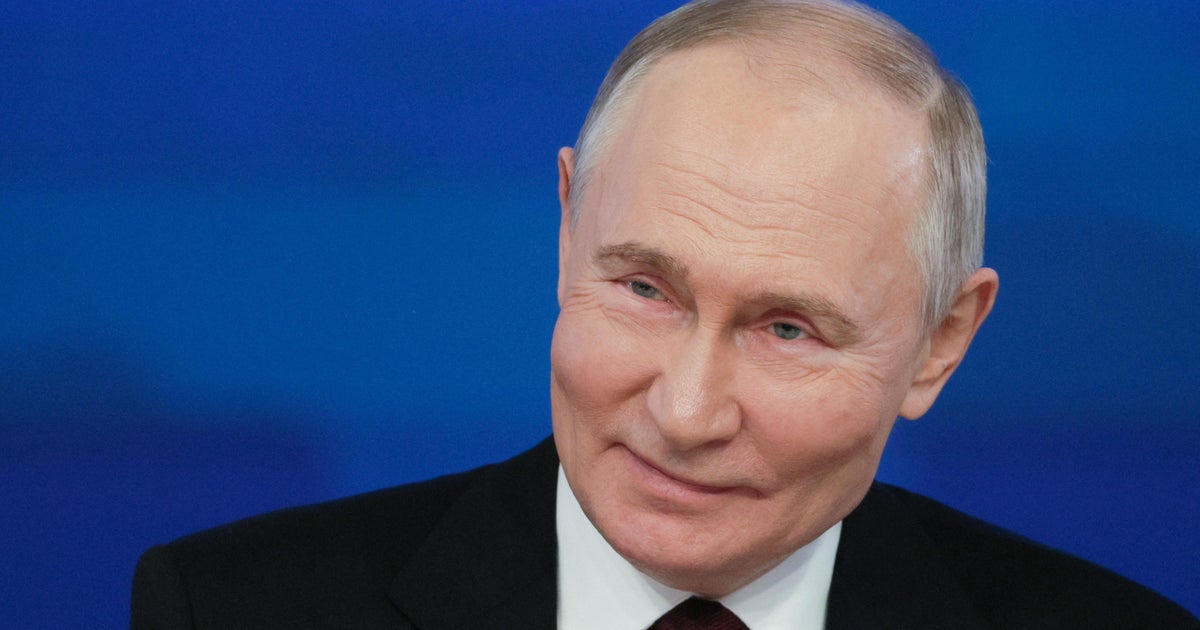Starving polar bear wanders into Siberian city of Norilsk looking for food
Moscow -- An emaciated polar bear has been sighted in a Russian industrial city in Siberia, hundreds of miles south of its normal hunting grounds. Emergency officials in the city of Norilsk in a statement on Tuesday warned local residents about a bear that has been spotted in one city district.
Anatoly Nikolaichuk, chief of the local hunting department, told the Tass news agency said that the last time a polar bear was seen in the area around Norilsk was more than 40 years ago. He said that local officials will now decide whether they can catch the animal and airlift it back to the north.
Images of the exhausted animal wandering around the roads and an industrial estate just outside Norilsk looking for food have been widely shared on Russian social media.
Environmentalists have warned that wild animals are suffering from the shrinking hunting environment and the receding ice as the Arctic is getting warmer, and some of them have ventured south in search of food.
The images of the polar bear have surfaced just a day after photos showed dog sled teams wading through ankle-deep water on the Greenland ice sheet, where "very warm conditions" have left meltwater pooling up on top of the ice weeks earlier than it normally would. Greenland is about 1,500 miles north of Norilsk.
Ted Scambos, a senior research scientist at the University of Colorado - Boulder's Earth Science Observation Center, told CBSN several days ago that the Arctic takes the relatively small increase in global average temperatures, "and amplifies it."
He warned that unless humans start to reduce carbon emissions and slow the rate of climate change, "the entire dynamic of the Earth's climate" will be altered.
"That's beginning to happen, with more severe storms, more persistent weather patterns, longer droughts; all that stuff is dependent on the fact that the ice on the ocean in the Arctic and the ice on Greenland are more or less the way they used to be, or we're going to see big changes."






